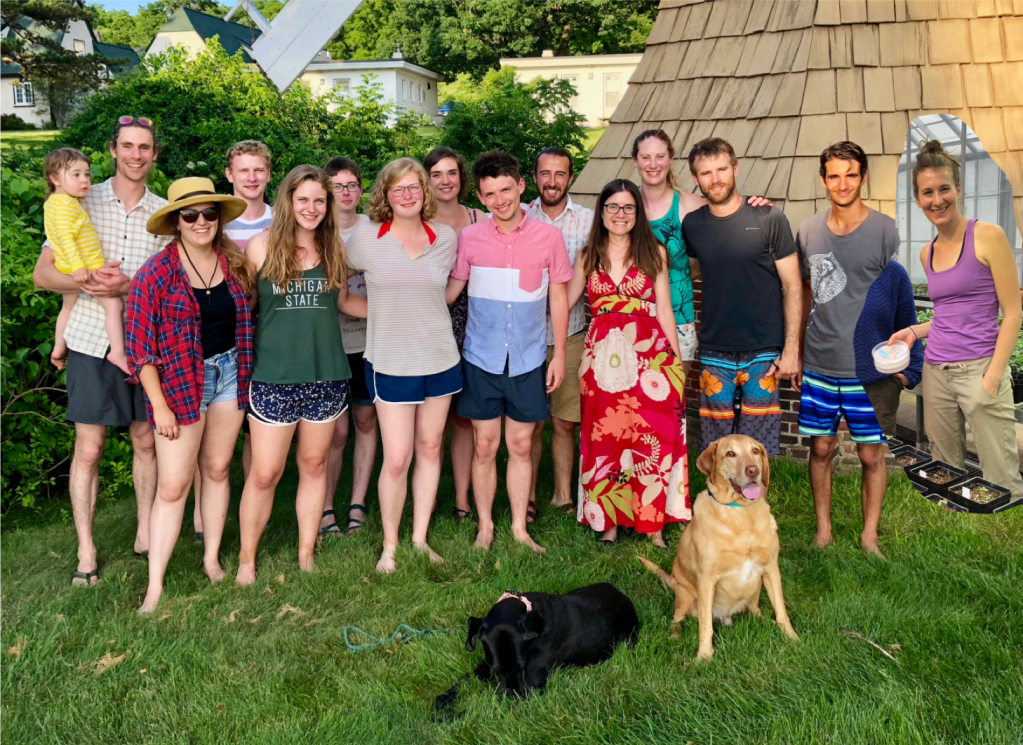We study the ecology of plants and insects in a variable and changing world
Our research focuses on how heterogeneity—including biological diversity and climate variability—influences interactions among plants, insect herbivores, and predators. We work in natural and agricultural ecosystems and strive to answer fundamental questions that have relevance for agricultural sustainability or global change biology. We do experiments and observational studies in the field and greenhouse and use statistical and mathematical modeling to link ecological processes and patterns across scales from individuals to communities. Our work integrates population and community ecology, plant biochemistry, and insect physiology and behavior. We also run The Herbivory Variability Network, a global collaboration that includes 200+ scientists across 35+ countries.
The Wetzel Lab is in Land Resources & Environmental Sciences at Montana State University in beautiful Bozeman, MT, in the ever amazing and inspiring Greater Yellowstone Ecosystem.
Recent press:
- Will is awarded the 2026 James and Mary Ross Provost’s Award for Excellence at MSU
- Research highlighted by Ecological Society of America: “Potato pest can’t take the heat (wave)”
- Profile of Andrea’s work on chemical diversity, which was featured by the National Institute of Food and Agriculture
- Profile of the lab by MSU Futures Magazine
- Profile of our project on how plant defense diversity could contribute to sustainable control of insect pests
- Profile of our project on climate variability, extreme weather, and plant–insect interactions

